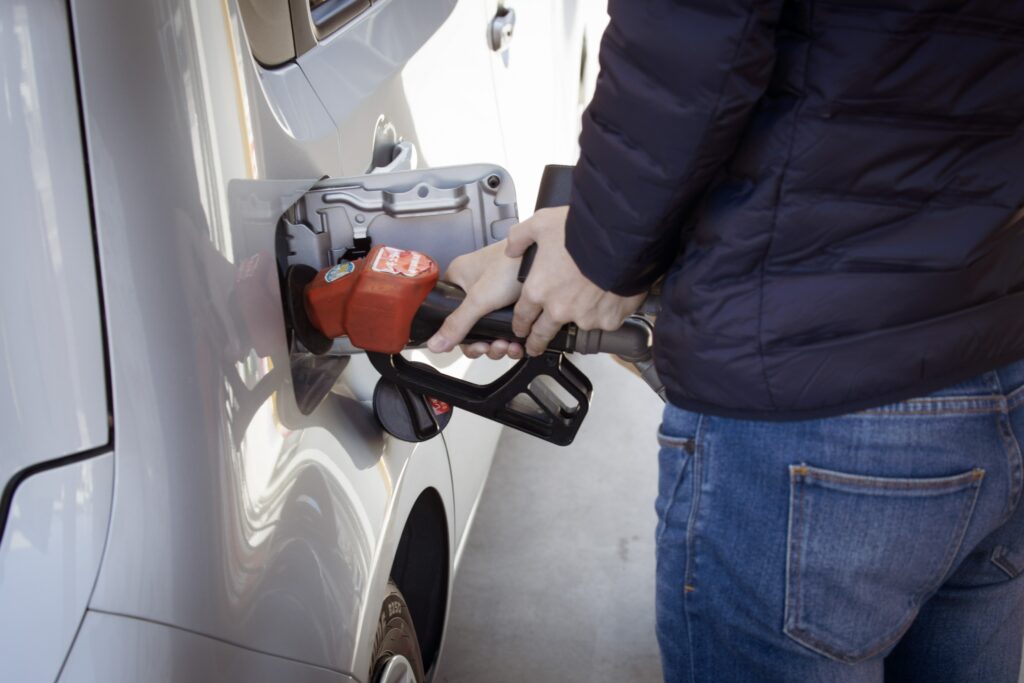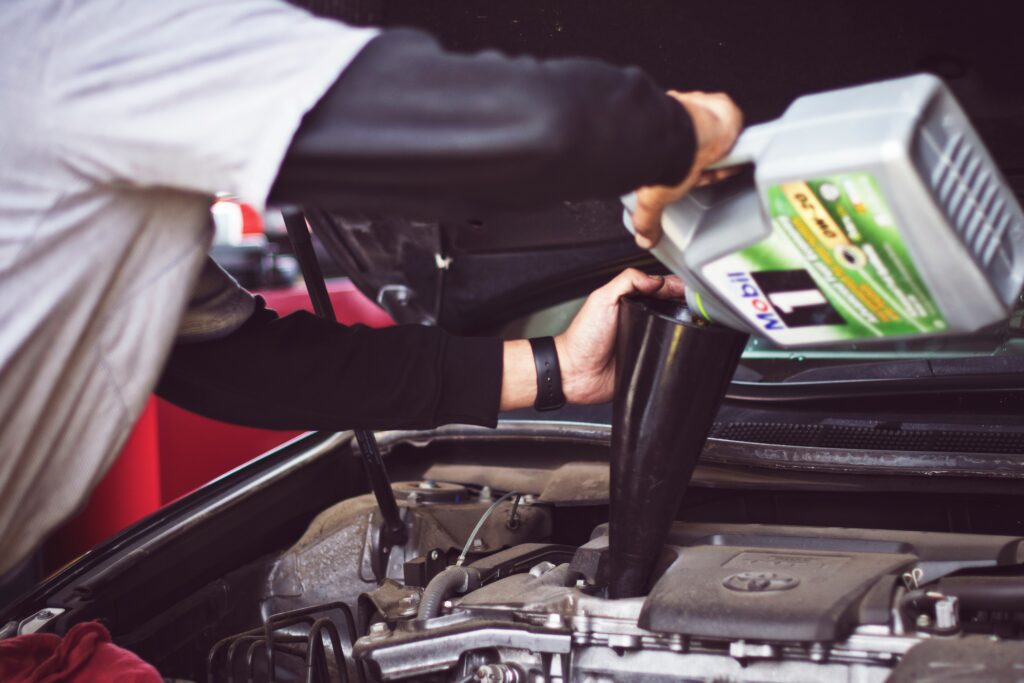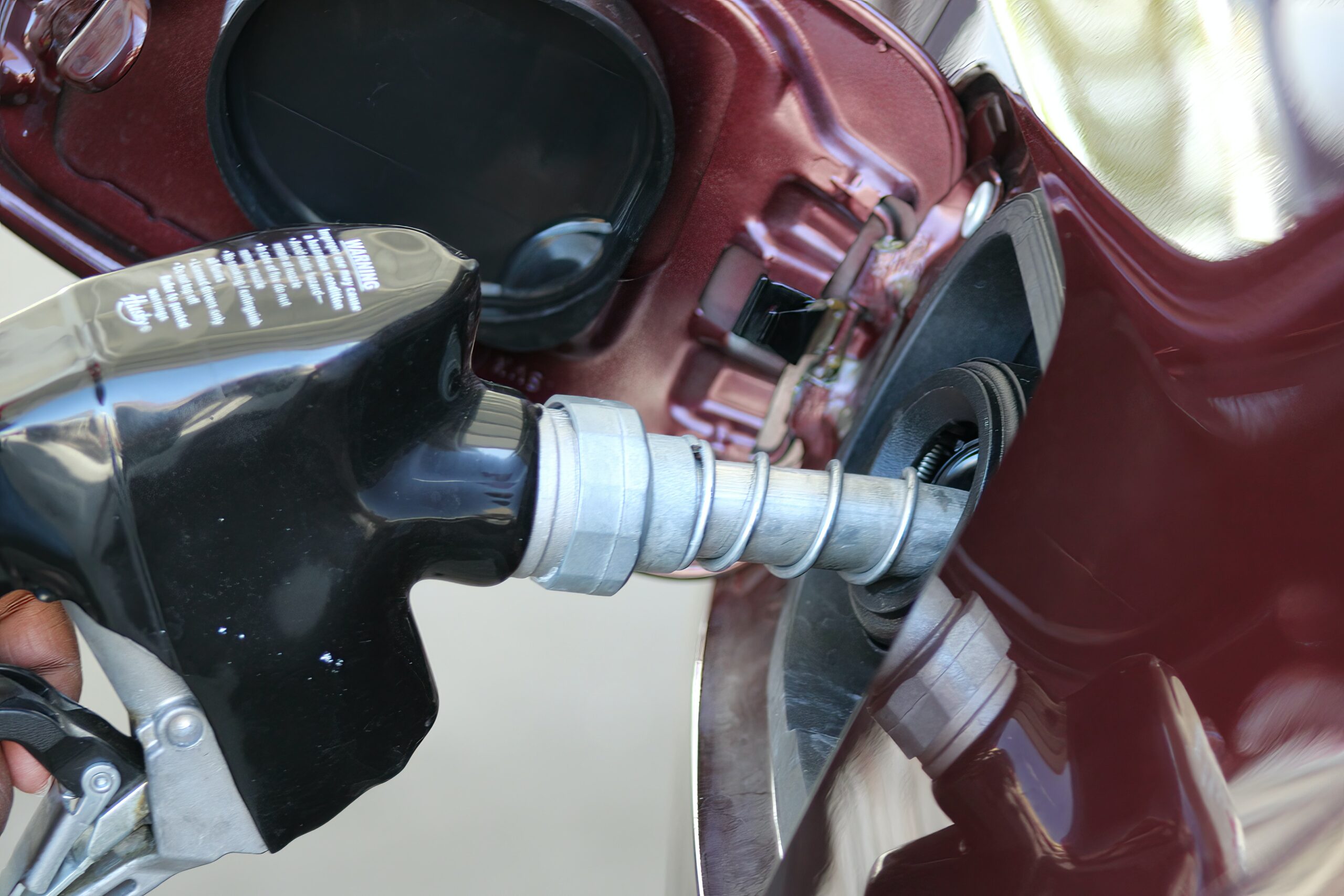Since the beginning of the Russia-Ukraine conflict, we have all witnessed a spike in the price of gasoline, diesel and other petroleum products went high. In fact, the correct adjective to use is that the prices skyrocketed so much that some people have even opted to keep their cars at the parking lot just to cut down on fuel costs. Nobody wants to go out there trying to eke out a living by the sweat of their brawl only to end up spending every penny on fuelling the car. But, we here try to share hints on Smart Ways to Save you on Fuel Costs.

Honestly, the rate at which fuel costs have been on the rise in the recent past has forced many to adjust their car usage. This can be really frustrating since the costs of buying and running a car are already high enough. So, it shouldn’t surprise you that you are not the only one looking to stretch your gas mileage.
Tactics that will save you a lot in gallons of fuel today
Luckily for you, there are other ways to achieve your goal other than switching to a more fuel efficient vehicle. This would only mean more costs and might take more time than is necessary. Your best bet therefore, is to adjust your driving and vehicle maintenance habits. It will ensure that you spend less on gas by stretching your mileage. Let’s look at a few tips that will be effective in meeting your goal.
Avoid High Speeds and Use the Brakes Less
You should always keep in mind that driving at high speeds translates to more gas and less fuel mileage. For instance, driving at speeds above 50 miles per hour, will cost you more on fuel. The logic behind it is that the engine takes up more fuel if it works harder than usual.
So, activities such as rapid acceleration and high-speed driving apply more pressure on the engine. In turn, it uses more fuel just like it does whenever you brake suddenly.
Steer Clear of Excessive Idling
This mostly applies to older models since new ones will stop automatically whenever the car idles. Excessive idling is a sure way to waste your fuel since waiting at a red light typically takes longer than starting your car. It implies that you are better off switching the engine off and restarting it at a red light than letting it idle.
However, you should also remember that older cars might be unable to handle many ignitions in a day. If you drive a new car then this shouldn’t be a problem since they are equipped with heavy duty starters. If your car has no start or stop engine then you are better off with another fuel saving strategy.
This doesn’t mean that you can’t turn off your engine when you are parked safely for longer periods. It will save you up to half a gallon of fuel every hour. However, this is just an estimate since it also depends on your engine size and air conditioner use.
Avoid Carrying Excess Weight in your Car
This might come as a surprise to you but carrying extra baggage in your car leads to higher fuel consumption. Lessening the load in your car by just 100 pounds will improve your miles per gallon by approximately 1%. This is based on the percentage of extra load relative to the car’s weight. However, this is less effective for those who drive smaller cars.
Apply the Right Grade of Motor Oil
Most vehicle manufacturers provide specifications and certification requirements for their cars. Therefore, it will do you a lot of good to purchase oil that is recommended for your car to save on fuel costs. Subsequently, you should always ensure that you change your oil as per the recommendations provided by the manufacturer.

According to most studies, this will potentially improve your gas mileage by 1% or 2% depending on the type of car. It also helps to buy motor oil that is labelled “Energy Conserving” on the API performance symbol. These motor oils have additives that reduces friction and ultimately save on fuel.
Always Ensure that Your Engine is Properly Tuned Up
Keeping your vehicle effectively and sufficiently maintained is one way to improve your gas mileage. Most drivers don’t take their vehicles for regular maintenance because of the costs involved. However, what they don’t understand is that you can recover these costs from saving on fuel.
Proper maintenance improves gas mileage by an estimated 4%. Keep in mind though that this will depend highly on how well your car is already running. You can improve your fuel mileage by as high as 40% by repairing a serious maintenance problem, such as a faulty oxygen sensor.
Your best bet is to find out how often you should take your car for a tune up. Luckily, this information is usually available in your car’s manual. However, it generally depends on the model and age of a given car. Newer cars typically require an inspection every 20,000 to 30,000 miles as is commonly recommended by experts.
Maintain Properly Inflated Tires at All Times
It’s normal for car tires to lose pressure the more they are used. So, drivers should always ensure that they check regularly. Possibly, you should check them for proper inflation at least every month. Luckily, the car’s manual includes information on its optimal PSI rating. You can also find the information on the sticker in the jamb of your driver’s side door.
However, most vehicles have a PSI rating of between 30 to 35. You risk lowering your fuel mileage by approximately 0.2% for every 1 PSI drop below your optimal PSI rating with under-inflated tires. They can also subject you to additional costs since they reduce the lifespan of your tires.

